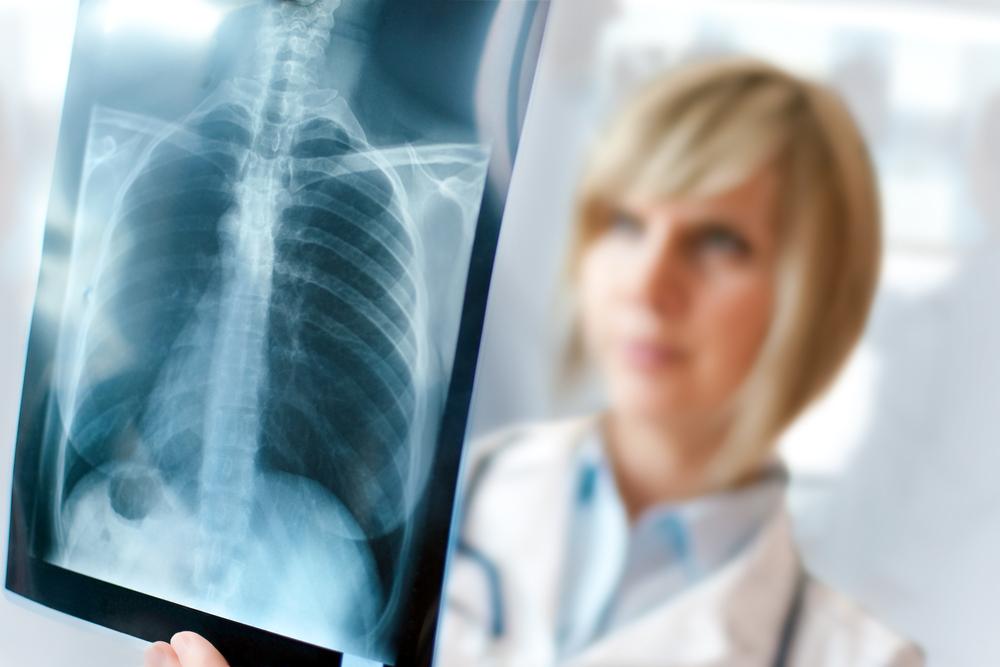Cancer is a group of diseases characterized by abnormal cell growth that can spread to other parts of the body, slowly growing and taking essential vital nutrients and resources away from the vital organs. It is usually accompanied by a lump, abnormal bleeding, prolonged cough, unexplained weight loss, and a change in bowel movements. There are over 100 types of cancers that affect humans and is the second-largest cause of death in the US, causing almost 1 in 5 deaths.
Although there are a number of factors that are responsible for the development of cancer, the mechanism by which it propagates in the body is by excess cell growth due to damage to genes. This can be due to chance or due to exposure to cancer-causing substances called carcinogens. These might be chemical or environmental. At the same time cancer can be caused by viral and genetic factors as well. In most cases, the cancer is due to multiple causes. Testing can also be an arduous process, with most types of cancer requiring minor surgery to perform a biopsy.
Here are four primary categories of cancer risk factors:
Biological Factors
Inherited genetic defects make up around 3-10% of cancer cases. However, cancer syndrome is more commonplace in which an inherited genetic mutation makes an individual more predisposed to cancer, causing it indirectly. Other factors, including age and gender, play an important role as well.
Environmental Factors
Such as exposure to UV radiation in the sunlight, and fine particulate matter including pathogens such as Helicobacter pylori (gastritis), HBV, HCV (hepatitis viruses), HPV (papillomavirus), EBV (Herpes virus)
Occupational Risk Factors
These include materials and chemicals such as asbestos fibers, tar, polynuclear hydrocarbons, arsenic, benzene, certain metals, and plastics which are found in industrial workplaces and should be handled with proper occupational safety equipment. Additionally, radioactive materials and ionizing radiation such as X-Rays and Radon radiation also increase the risk factor.
Lifestyle-Related Factors
These include the use of substances such as tobacco and alcohol. Tobacco smoking is responsible for over one in five deaths due to cancer worldwide. Consuming nitrites and other carcinogens found in food, using certain medications such as certain antineoplastic agents, hormone therapies and those causing immune deficiency may also increase the risk of cancer. As does obesity and excess body weight.

